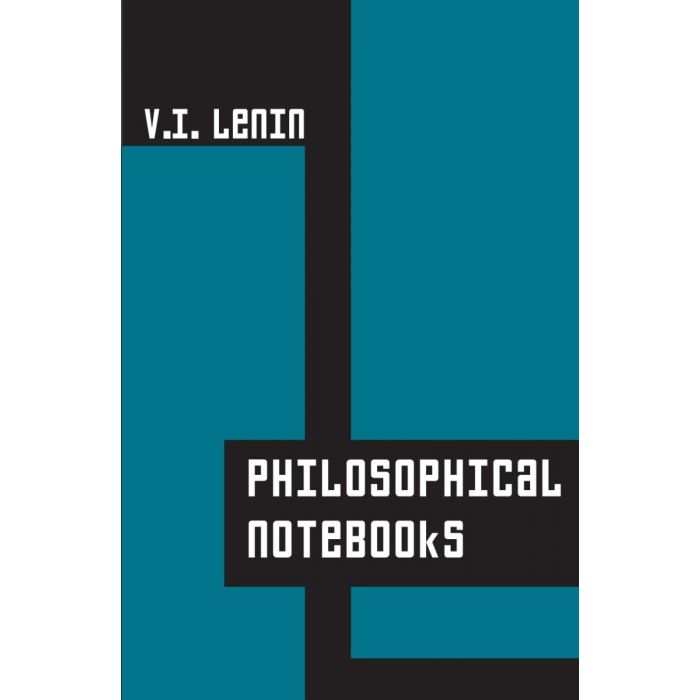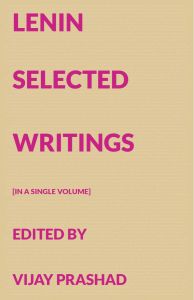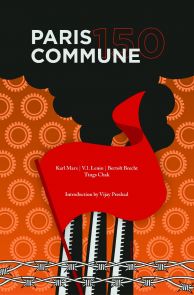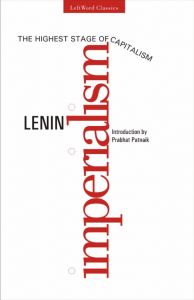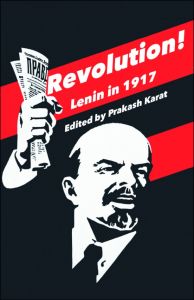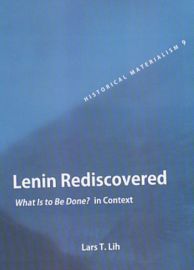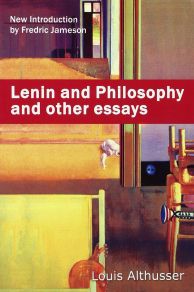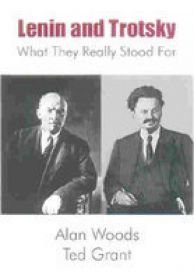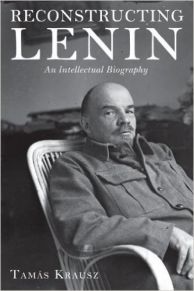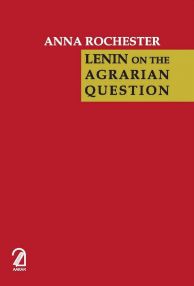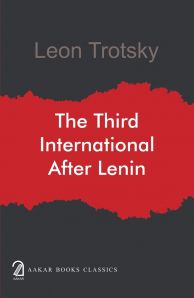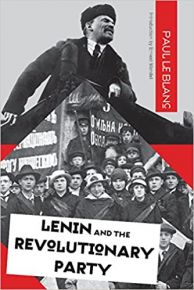Philosophical Notebooks
The span of the Philosophical Notebooks is from 1895-1911. Russia already had a Revolution in 1905. These Notebooks show many a revolutions had taken place in the heart and mind of Lenin. It is here that Lenin's Notebooks are placed in front of the reader. Not without another prior mediation: the long gone U.S.S.R's official philosophy. Sixteen years in the Notebooks is a Lenin articulating, enlightening himself like a student of philosophy. Pre-Socratics, Socrates, Aristotle (Twice! Once exclusively dealing with Aristotle's Metaphysics), Hegel's' Science of Logic', 'History of Philosophy', 'Phenomenology of Spirit' and much more. Yet, off the Notebooks there is 'Romanticism' Years later 'Dialectic of Enlightenment' would be formalised to be read. Let the reader beware, (s) he too has to' Romantically' Enlighten her/himself. Else, it will result in more mechanical executions. If one looks at any biography of Lenin would find a tragic figure, someone like Faust upheld by Goethe.
These Notebooks only show and re-affirm this. The Enlightened, the revolutionary understands this dialectic. (S) he has a tragic fate awaiting. Be it Antigone or Faust, Enlightenment without tragedy is no Enlightenment at all. For us, we need our' Notebooks' that will enlighten us. The other side of Enlightenment, another dialectic, is trying to have a torch that sheds light on everything. The torch-holder known nothing of the labours of the heart and soul that makes the torch, knows nothing of life. This non-knowledge gives a kind of certainty and, probably that is one reason (or Reason) that this side of the dialectic of life, of "living labour", is shunned off. The human heart throbs in two! One needs to remember this and then devise his or her method to approach Notebooks. That text that follows have been and are still being called' Philosophical Notebooks. The reader is to decide whether the adjective, in the capacity of an adjective, philosophical' should remain or not. And that, only after going through these and not without his or her love (philia) for wisdom (sophia). This approach has to begin with a question:why privilege "philia" over other words meaning love:agape, Eros and what is this "sophia" that one 'loves'?

